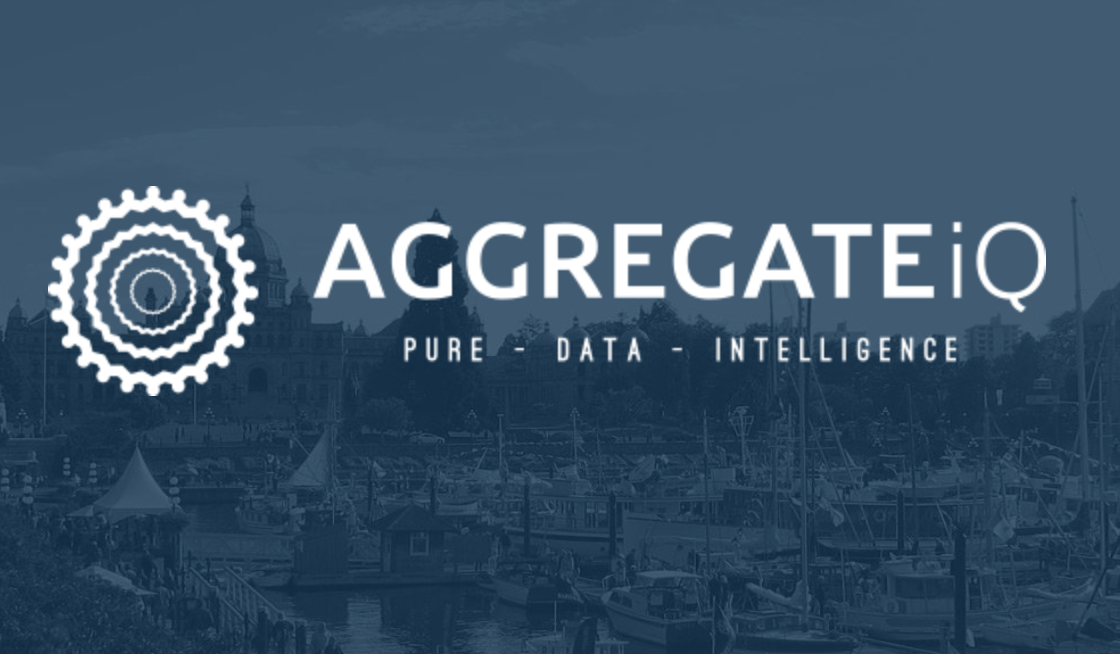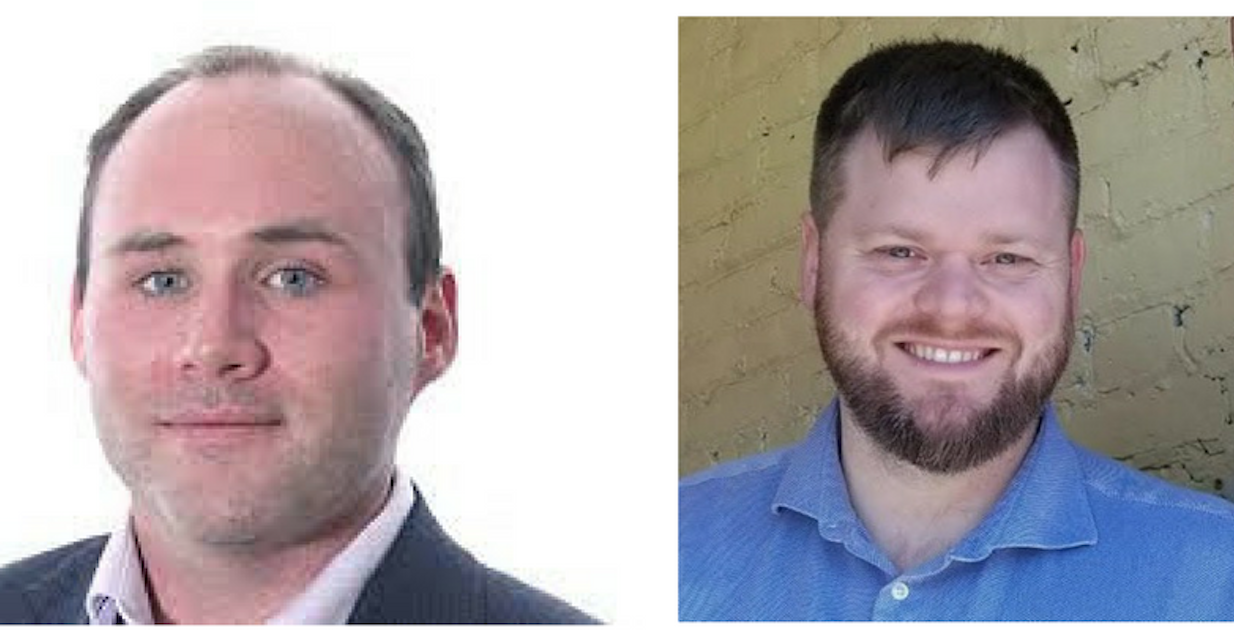
Bob Mackin
A proposal for federal funding obtained by theBreaker shows that the Victoria company at the centre of the Facebook data breach scandal contemplated “volume testing to 40 million voters” for the software it was developing.
But AggregateIQ’s submission for National Research Council funding claimed no personal information would be compromised for its “Platform independent political campaign online reporting tool.”
The $100,000 Industrial Research Assistance Program grant for the nine-month, 2017 project was intended to help AggregateIQ develop the system to predict voter turnout, candidate support and the outcome of a campaign communications strategy. AggregateIQ proposed to pay the remaining $150,000 from its 2015 profits and anticipated 2016 revenues.

AggregateIQ co-founders Zack Massingham (left) and Jeff Silvester.
The Canadian Press was first to report on the NRC funding on April 6, the same day that Facebook announced it suspended AIQ for improper receipt of user data. theBreaker obtained copies of the partly censored proposal and agreement from the NRC’s access to information office on April 12. Those documents are published below.
AIQ claimed in the proposal that it had 10 employees, including eight technical staff under directors Zackary Massingham and Jeff Silvester. But the entire first paragraph under the heading “Ownership and Management” was censored. British Columbia does not yet have a law requiring the beneficial owners of a company be disclosed in public filings.
“Our team is made up of engineers, computer scientists and software developers,” the proposal reads. “They are all experienced at programming for political related software solutions in the context of the changing political and technological landscape.”
Functions of the project included ad network and server data processing and data matching/normalizing algorithm and data analysis algorithms design and refining.
“With no personal data and no data that could be matched back to an individual, we believe that this project meets all ethical requirements and does not require further ethical review,” according to the proposal.
Massingham and NRC advisor Olga Kargina signed the funding deal for January through September 2017. Kargina, coincidentally, was an assistant professor of chemistry at Russia’s Kazan State University from 1986 to 1990.
Neither Massingham nor Silvester responded to theBreaker for comment. In a short statement on its website, AIQ claims it did no wrong and followed applicable laws. 
Victoria’s Christopher Wylie, the Facebook-Cambridge Analytica whistleblower, testified at a U.K. House of Commons hearing last month that AIQ was a “franchise” of Cambridge Analytica, which habitually disregarded the law. AIQ is under investigation by privacy watchdogs in Canada and the U.K.
The proposal pointed to the shortcomings of traditional polling companies that failed to accurately predict the 2016 U.K. referendum on European Union membership and the 2017 U.S. presidential election. Political decision makers, it said, were turning to “internal data analytics to decide where to spend money, allocate resources and ultimately find out if they are going to win.”
AIQ said its customers include political parties, candidates, independent issue based organizations, campaigns and similar minded organizations, while all of its competitors are U.S.-based: Targeted Victory, Nation Builder, i360, NGP Van, and Campaign Solutions. AIQ stressed that it had customers ready to use the program, “so our sales cycle is essentially zero.”
It was also recruiting co-op students and offering relocation costs to lure experienced talent from Vancouver to Victoria in search of lower housing costs, shorter commutes and a slightly lower key city.
“This will make our consulting business able to handle more clients and open a new line of revenue in sales and support of a much needed tool in the campaign space.”
The proposal to the NRC lists the address of AIQ’s registered office, which is the Cox Taylor law firm. One of the law firm’s partners is Frank Carson, constitutional advisor to the BC Liberals and husband of ex-BC Liberal caucus executive director Primrose Carson.
Silvester and Wylie both know each other through their work for the Liberal Party of Canada. In 2016, Wylie briefly worked on a project to set-up social media monitoring for the Liberal research bureau.

Christopher Wylie testifying to a U.K. Parliamentary committee on March 27.
Unlike NRC, B.C.’s Jobs, Trade and Technology and Advanced Education, Skills and Training ministries said they had not made any grants to AIQ.
During the period of the NRC-funded project, AIQ also worked on three BC Liberal election campaigns, for Doug Clovechok (Columbia River-Revelstoke), Dave Calder (Saanich South) and Mike de Jong (Abbotsford West), The Tyee reported. Clovechok and de Jong won their ridings, but Calder, who worked in the BC Liberal government from 2006 to 2014, didn’t.
AIQ also made a proposal to the BC Liberals early last summer, in anticipation of a snap election that didn’t happen. Earlier this year, AIQ worked on ex-transportation minister Todd Stone’s failed leadership campaign, but was caught creating email addresses for 1,400 members recruited in Surrey’s South Asian community and Richmond’s Chinese community. In 2016, AIQ was contracted by the BC Greens to build a voter database.
More than 620,000 Facebook users in Canada and 87 million worldwide were victims of the Cambridge Analytica data breach.
Support theBreaker.news for as low as $2 a month on Patreon. Find out how. Click here.
Copy of NRC A2017-0009 AIQ TheBreaker by BobMackin on Scribd











